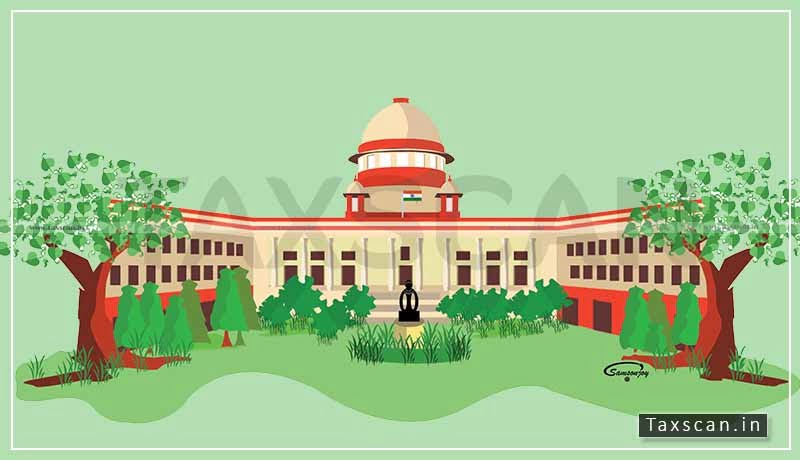Ceiling on Tax Audits by Chartered Accountants in a Year: Supreme Court to hear Petitions Challenging ICAI Rule

Ceiling on Tax Audits – Chartered Accountants – Supreme court – Petitions Challenging – ICAI Rule -Tax Audits -taxscan
Ceiling on Tax Audits – Chartered Accountants – Supreme court – Petitions Challenging – ICAI Rule -Tax Audits -taxscan
In a recent development, a division bench of the Supreme Court will be hearing the challenge against a rule issued by the Institute of Chartered Accountants of India (ICAI) barring members from accepting more than the "specified number of tax audit assignments". Currently, the upper limit is set at 60 in a financial year.
This matter is now being adjudicated almost two years after the Supreme Court had decided to withdraw similar writ petitions pending in different High Courts and authoritatively pronounce the law on the subject itself.
The compulsory tax audit regime was introduced in 1984 by the insertion of Section 44AB in the Income-tax Act, 1961, which came into effect on April 1, 1985. This section made it obligatory for a person carrying on a business or a profession with total sales, turnover or gross receipts exceeding a certain threshold prescribed in the Act in any previous year, to get their accounts of such previous year audited by a Chartered Accountant. The condition laid down under this section is fulfilled only when such an assessee procures a report of the audit in the prescribed form duly signed and verified by the Chartered Accountant before a specified date.
Before 1985, only the accounts maintained by companies and cooperative societies were required to be audited under the Companies Act, 1956 and the Co-operative Societies Act, 1912 respectively. Other categories of taxpayers were exempt from this obligation to get their accounts audited. Section 44AB was enacted primarily to counter tax evasion and check fraudulent practices. In 1988, in the exercise of the powers conferred by Clause (ii) of Part II of the Second Schedule to the Chartered Accountants Act, 1949, the Council of the Institute of Chartered Accountants of India issued a notification prohibiting members from accepting more than the specified number of tax audit assignments under Section 44AB of the Income-tax Act in a financial year. In the case of a Chartered Accountant firm, this limitation would be applicable to each partner. It was categorically stated in the notification that non-compliance with the said provision would result in the delinquent member being held guilty of 'professional misconduct'. In 2006, the Chartered Accountants Act, 1949 was amended by the Parliament, after which the impugned notification was superseded by Guidelines issued on August 8, 2008.
A bench of Justices Sanjiv Khanna and J.K. Maheshwari observed that "First, why are there two sets of parameters under this Act and the Companies Act, 2013, when the objectives and the purposes of the audit mandated in both the enactments are the same? When a company is an assessee, they have to get the auditing done from two different persons. Second, when you have already increased the upper limit to 60 per CA or partner of a CA firm, why should that benefit not be given with retrospective effect?".
Support our journalism by subscribing to Taxscan premium. Follow us on Telegram for quick updates.


